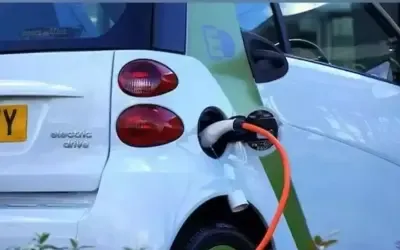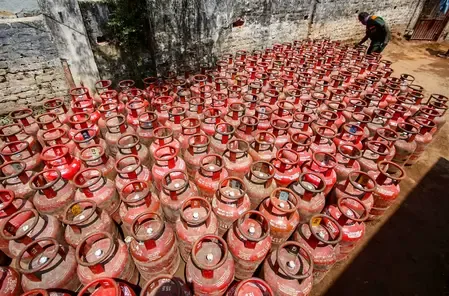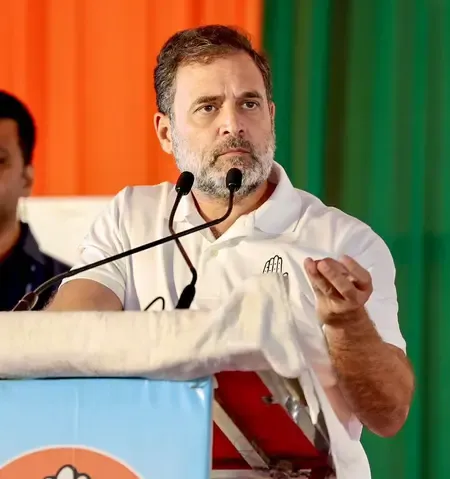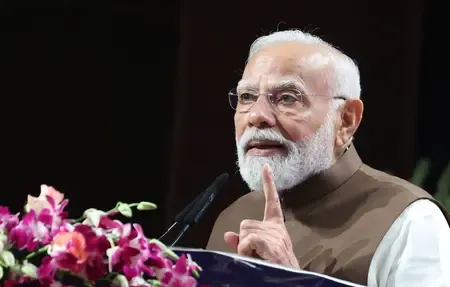Gujarat Reduces Electric Vehicle Tax to 1% Until 2026 for Green Mobility Promotion

Synopsis
Key Takeaways
- Tax on EVs reduced to 1%.
- 5% tax exemption until March 31, 2026.
- Online registration via Vahan 4.0 portal.
- Part of Green Mobility Strategy.
- Targets include 2 lakh electric vehicles by 2025.
Ahmedabad, April 18 (NationPress) The Gujarat government has introduced a noteworthy tax reduction for electric vehicles (EVs). The Minister of State for Home and Transport, Harsh Sanghavi, announced that the state will provide a 5% tax exemption on fully electric vehicles until March 31, 2026.
As a result, the effective tax rate on EVs will be lowered to just 1%, significantly enhancing affordability for the public.
In his announcement, Sanghavi highlighted the state’s commitment to a greener and cleaner Gujarat. “This initiative is focused on our citizens and aims at promoting eco-friendly transportation. It demonstrates our unwavering determination to lower pollution levels and encourage sustainable options,” he remarked.
This tax concession is anticipated to boost the acceptance of electric vehicles throughout Gujarat by alleviating the financial pressure on purchasers. Residents can directly benefit by registering their EVs online via the Vahan 4.0 portal, which streamlines the process and fosters transparency.
This tax reduction is a component of the larger green mobility framework adopted by the Gujarat government, designed to cut carbon emissions, enhance air quality, and foster long-term environmental viability. Gujarat has made a bold move towards establishing itself as a frontrunner in electric mobility with the implementation of its Electric Vehicle Policy 2021.
With a substantial budget allocation of Rs 870 crore, the state seeks to facilitate widespread adoption of electric vehicles and position itself as a key hub for EV manufacturing.
The policy, effective until 2025, sets ambitious goals, including the deployment of 2 lakh electric vehicles across the state. This encompasses 1.10 lakh two-wheelers, 70,000 three-wheelers, and 20,000 four-wheelers. The environmental objectives are equally significant, with the policy projected to lower carbon emissions by about 6 lakh tonnes and save fuel costs amounting to Rs 5 crore during its lifetime. On the infrastructure side, Gujarat is committed to creating a robust EV ecosystem.
The government is advocating for the establishment of charging stations by providing subsidized electricity rates and incentives for private enterprises.
Moreover, the state is encouraging substantial investments in the EV supply chain, including the setup of lithium-ion battery production facilities. A major plant worth Rs 7,300 crore is currently being developed in Ahmedabad. The outcomes of these initiatives are already evident; by April 2025, Gujarat has registered over 2.64 lakh electric vehicles and deployed more than 800 electric buses throughout the state.









